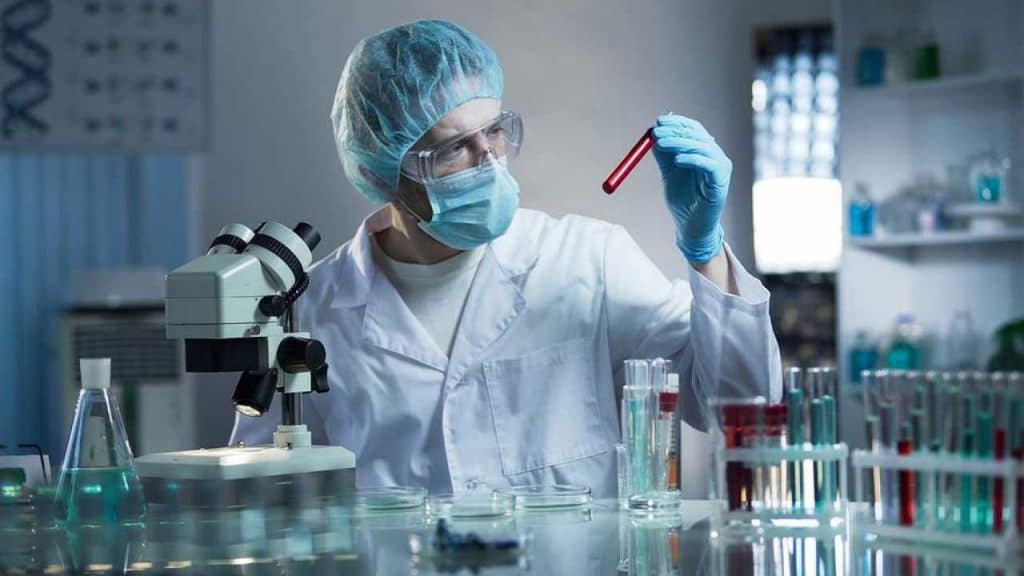Medicine comes with lots of specialties and subspecialties where doctors can choose to put their focus. There’s way too much to learn for one person to be an expert in everything. They might be cardiologists who know about the heart, or obstetricians who deal with birth. They may be surgeons or trauma specialists. One domain that may not get as much popular attention is that of the pathologist.
Pathology on TV is mostly linked to medical examiners on crime shows. They do things like taking the temperature of a dead body to figure out time of death, then dig out any bullets or do a tox screen to detect any poison. It’s true that forensic pathology is a very important role when determining how people died and, if possible, who killed them. It’s also part of the wider field of anatomic pathology.
Anatomic pathology is about diagnosing diseases through the examination and testing of your tissues and organs. It’s broken into other subspecialties such as forensic pathology, or organ-specific types, such as neuropathology, which focuses on the brain. One of the most significant branches is surgical pathology, which among other things involves the biopsies (small tissue samples) used to diagnose cancer.
An anatomic pathologist may start by inspecting the body or a sample of diseased tissue with the naked eye. Then there are the more microscopic explorations right down to individual cells. Fancy terms for some of the techniques used in anatomic pathology include immunohistochemistry, histopathology and cytopathology.
Other than anatomic pathology, the main pathology specialism is clinical pathology. Rather than organs and tissue, this involves the analysis of bodily fluids. Blood and urine are two of the main substances that will end up under the microscope. Hematopathology is the study of blood disorders. Clinical pathology also includes chemical pathology, molecular genetics pathology and clinical microbiology.
There is some overlap between pathology and other areas of medicine and biomedical sciences. Different branches will work together for the most efficient diagnosis of disease. Pathology has particularly strong ties with oncology, as it is so essential to diagnosing cancer, as well as investigations into various infectious diseases. You can also find pathologists who don’t look at humans at all – they’re veterinary or plant specialists. In all cases, it’s about the cause and effect of disease.
As you can see, pathology is a pretty complicated field. It’s no wonder you have to go through all the challenges of med school and acquiring a medical license if you want to qualify. The work pathologists do, though, is vital. Without it, we’d never understand the causes or nature of disease and therefore would never be able to figure out how to treat it.
The next time you have something wrong with you, spare a thought for the pathologist far away in the lab who may be the person who looks closely at the samples you sent them and somehow manages to interpret what to the rest of the world might be an inexplicable riddle, but to them is a clear explanation of all your problems.




